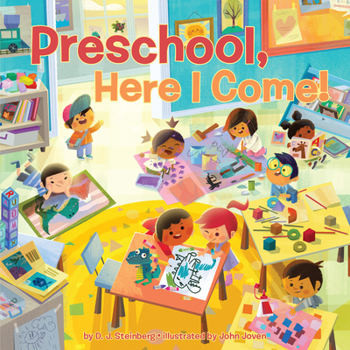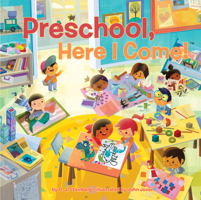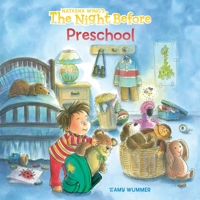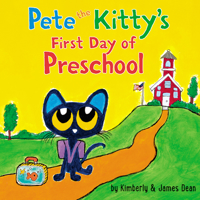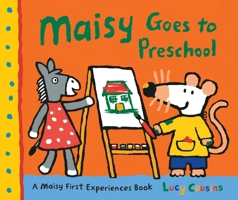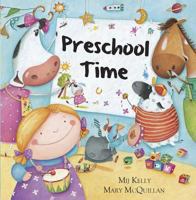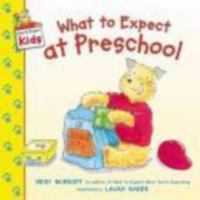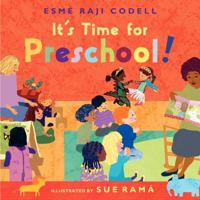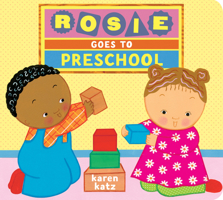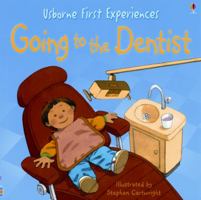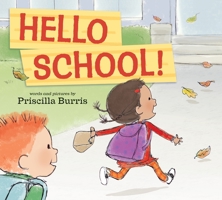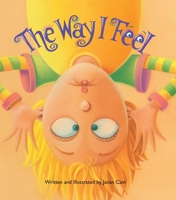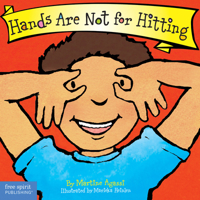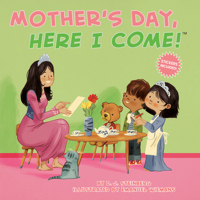Preschool, Here I Come!
Select Format
Select Condition 
You Might Also Enjoy
Book Overview
A book for all preschoolers-to-be from the author of Kindergarten, Here I Come Now includes a sheet of stickers From saying goodbye to parents on the very first day of school to watching butterflies hatch in spring, D. J. Steinberg celebrates all the landmark moments of preschool. Because the year is full of so many firsts, this collection of funny, joyful poems is a must-have for all small scholars in the making.
Format:Hardcover
Language:English
ISBN:1524790524
ISBN13:9781524790523
Release Date:July 2019
Publisher:Grosset & Dunlap
Length:32 Pages
Weight:2.10 lbs.
Dimensions:0.4" x 8.2" x 8.1"
Age Range:3 to 5 years
Grade Range:Preschool to Kindergarten
More by David J Steinberg
Customer Reviews
8 customer ratings | 4 reviews
There are currently no reviews. Be the first to review this work.











